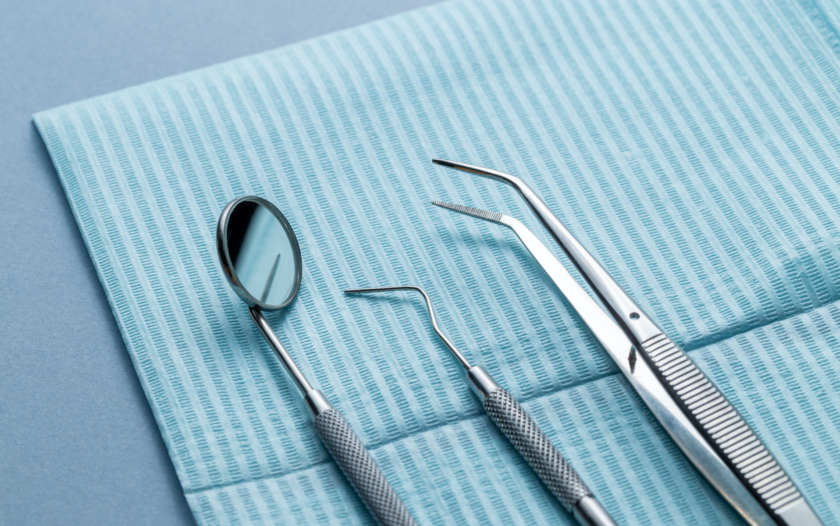How to Pay Off Dental School Loans
About Kevin
Kevin is a former fintech coach and financial services professional. When not on the golf course, he can be found traveling with his wife or spending time with their eight wonderful grandchildren and two cats.
Read full bio
At a Glance
The average cost for four years of dental school is roughly $300,000. That number comes from multiple sources. It’s possible to get your dental education at a public college for just north of $50,000 per year if you’re a resident, but private colleges cost at least $75,000 per year. That’s what you’re facing if you want to be a dentist in the 2020’s.
Given the cost, it’s no wonder that many dentists work long past the normal retirement age. Paying off dental school loans consumes a significant portion of income in the early years of a practice. Of course, some dentists work longer because they enjoy the work. Why wouldn’t you? For those looking to avoid loan payments in those later years, try the following:
1. Consolidate Your Dental School Loans
Interest rates go up and down frequently, so the rate you received for your dental school loan may not be the best rate available. In some cases, dental students take out more than one loan, so there are several interest rates involved. One way to clean that up and negotiate a faster repayment plan is through student loan debt consolidation.
A useful tool for debt consolidation is a student loan repayment calculator. You might also want to put your credit cards into the debt consolidation plan. Credit card interest rates average close to 20%, so eliminating those will free up extra money to pay off your student loans. Visit your local bank or search online for more on this.
2. Refinancing Your Dental School Loans
Like debt consolidation, refinancing is about getting a better interest rate and more favorable payment terms. An example of this is accepting a shorter payment term, like 10 years instead of 20, in return for a lower interest rate. Your monthly payments will be a little higher, but you’ll get out from under the loan faster, making your retirement years more comfortable.
This can also work in the opposite direction. Let’s say that you’re struggling to meet your minimum monthly payments on your dental school debt. There are personal loans for students that will allow you to stretch the term of the loan (ex. going from 10 years to 20 years), to lower your monthly payments. This could be useful when you first start your practice.
3. Income Driven Student Loan Repayment
Income driven repayment plans can cut your monthly dental loan payments down to 10% to 20% of your income and cap off the payment term at 25 years. At the end of that period, any outstanding balance will be eligible for student loan debt forgiveness. You can apply for income driven loan repayment programs at StudentLoans.gov.
On paper, this sounds like a great deal, but the interest rates are high and dentists with successful practices could still end up paying the entire balance owed, at a higher rate. Consider this carefully before applying for income driven programs. This option is best for dentists working in the public sector or for a non-profit.
4. Student Loan Debt Forgiveness
There have been many rumors since the 2020 presidential election that additional student loan relief could be on the way. Will Biden forgive student loans? He has said repeatedly that he wants Congress to draft legislation for this, expressing his reluctance to use his executive powers to do it. In other words, nothing is happening on this issue right now.
If you’re working in the public sector or for a non-profit, there are several dental student loan forgiveness programs available. Among these are the Public Service Loan Forgiveness (PSLF) program for government employees and the HRSA Faculty Loan Repayment Program for those who want to teach dentistry. There are also loan forgiveness programs for military dentists.
Frequently Asked Questions
How fast can a dentist pay off student loans?
The average time to pay off dental student loans is 10 years, but it can take longer or be done in less time with refinancing or debt consolidation.
How do dentists pay off student loans?
Dentists can pay off student loans by sticking to a regular monthly payment plan, refinancing to pay them off faster, or consolidating with a personal loan.
How can I pay for dental school with no money?
If your income is limited, try applying for an income-driven repayment plan at StudentLoans.gov. You may also be eligible for loan forgiveness programs if you’re working in the public or non-profit sectors.
What is the average dental student debt?
The average dental student debt for a four-year education at a private college is $300,000.









